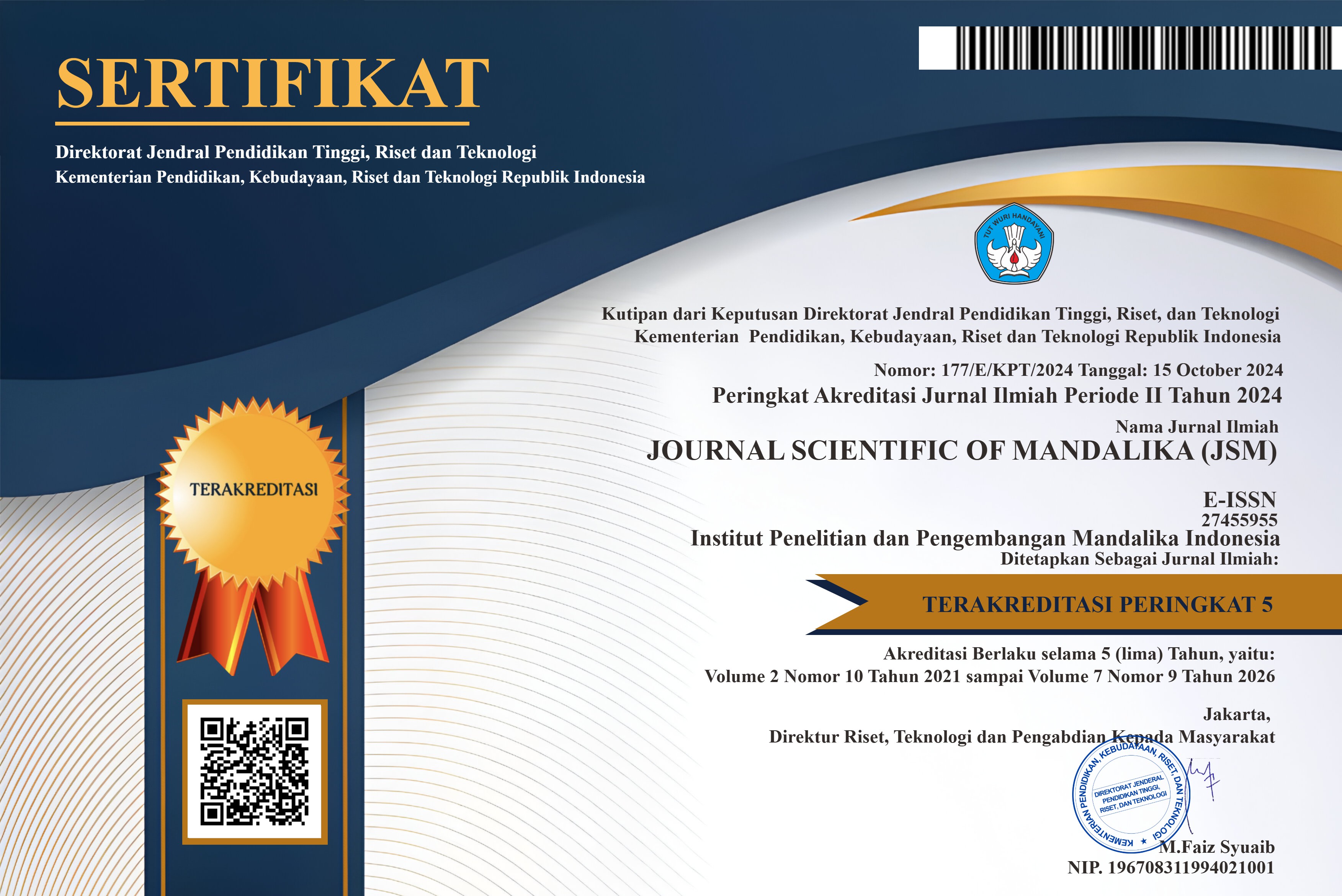Social Media and the Evolution of English: A Linguistic Study of Online Discourse and Language Change
Abstract
This article examines the impact of social media on the evolution of the English language through a qualitative methodology, specifically employing methods for literature review. In the digital era, social media has become a primary platform for communication, facilitating interactions between individuals and influencing language use and development. This research analyzes various forms of online discourse that emerge on platforms such as Twitter, Facebook, and Instagram, as well as how linguistic elements such as vocabulary, grammar, and writing style undergo changes with the increasing use of social media. The findings indicate that social media contributes to the formation of new terms and a reduction in formal sentence structures in everyday communication. Additionally, phenomena such as abbreviations, emoticons, and hashtag usage (#) have become distinctive features in online interactions that reflect contemporary linguistic dynamics. These findings provide insights into how information technology not only changes our communication methods but also affects overall linguistic development.
Copyright (c) 2025 Ashabul Kahfi Susanto, Fatimah Hidayahni Amin, Muhammad Fahri Jaya Sudding

This work is licensed under a Creative Commons Attribution-ShareAlike 4.0 International License.














